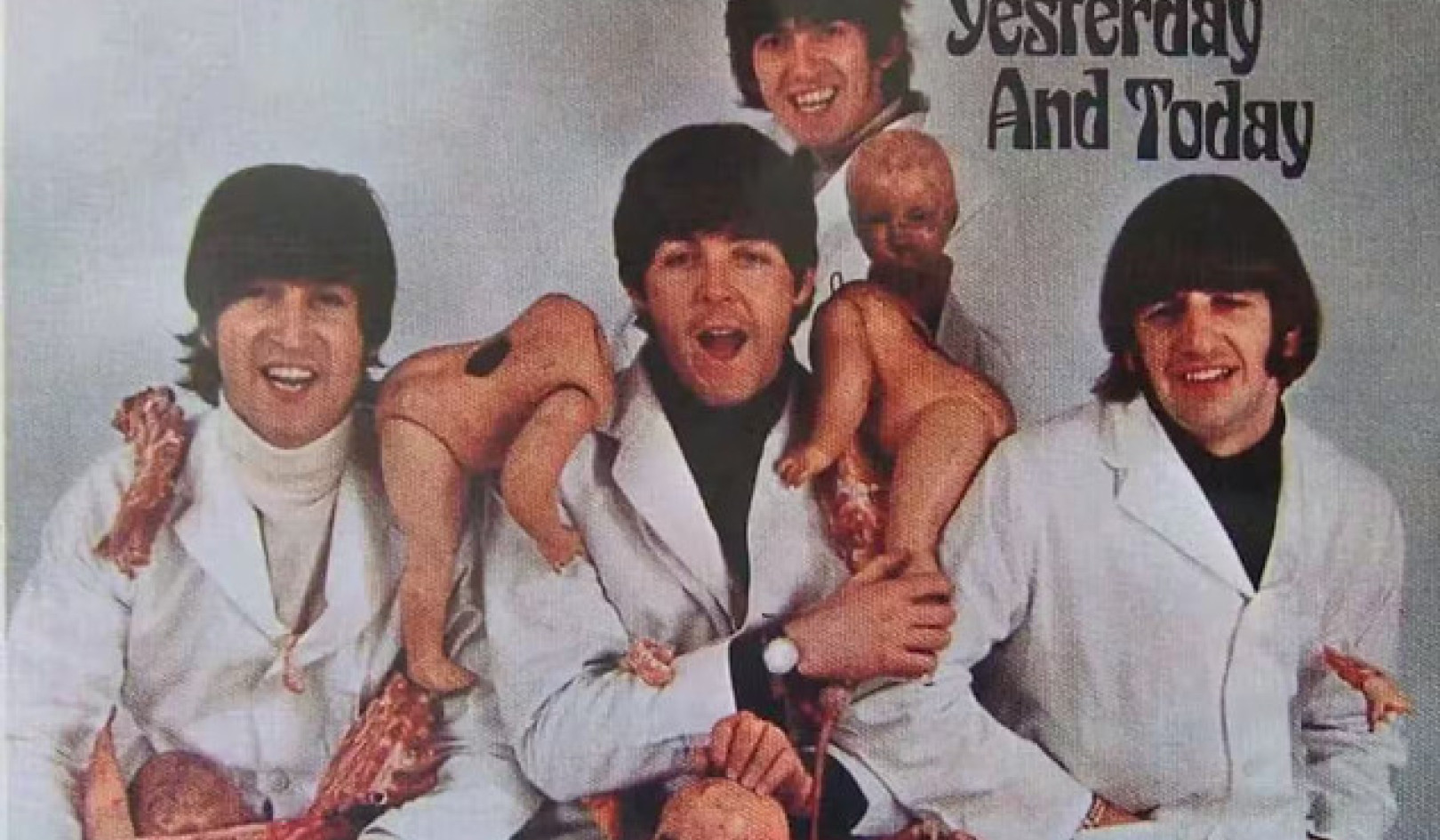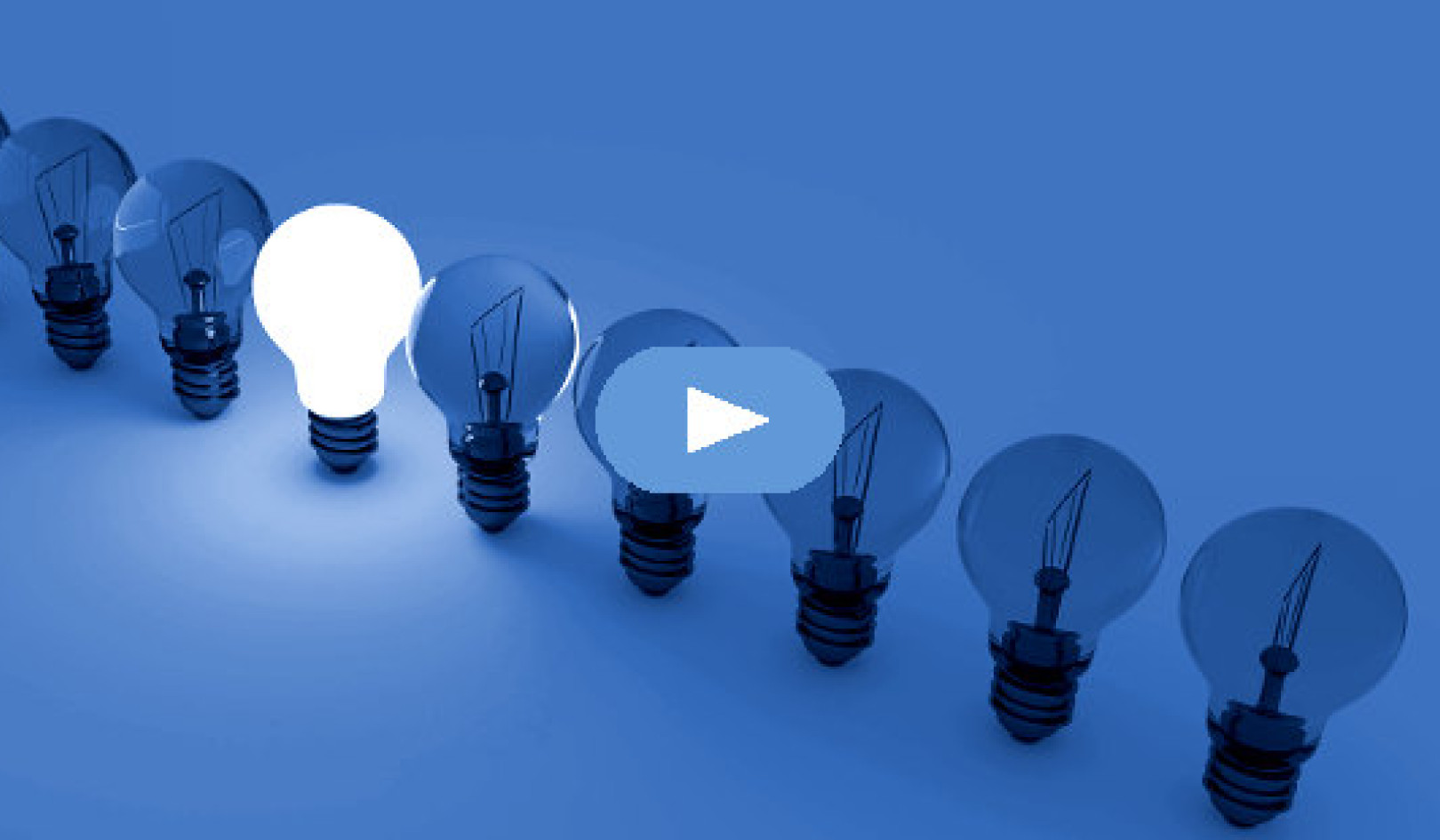Volunteering in late life may be more than just a noble act of giving back to the community; it could be a critical factor in safeguarding the brain against cognitive decline and dementia. A groundbreaking study by UC Davis Health revealed that older adults who engage in volunteer activities experience improved cognitive function, particularly in executive function and episodic memory. The findings of this study were presented at the Alzheimer's Association International Conference 2023 in Amsterdam, shining a light on the potential benefits of volunteering for brain health in later life.
Empowering the Brain Through Volunteerism
Volunteer activities have long been recognized as beneficial for various aspects of well-being in older adults. Not only do they provide a sense of purpose and fulfillment, but they also promote physical activity, social interaction, and cognitive stimulation. However, until now, there has been a lack of comprehensive data on the specific connection between volunteering and cognitive function, especially in large and diverse populations.
Addressing this knowledge gap, the study's principal investigator, Rachel Whitmer, an epidemiology doctoral student Yi Lor, embarked on research to explore the potential cognitive benefits of volunteering among older adults. The study focused on a diverse group of 2,476 participants, aged around 74, representing various ethnic backgrounds, including 48% Black, 20% White, 17% Asian, and 14% Latino. The participants were drawn from the Kaiser Healthy Aging and Diverse Life Experiences Study (KHANDLE) and the Study of Healthy Aging in African Americans (STAR).
Impact of Volunteering on Brain Health
The results of the study were striking. Volunteers demonstrated better baseline scores in tests of executive function and verbal episodic memory compared to their non-volunteering counterparts. This positive association remained significant even after accounting for age, sex, education, income, practice effects, and interview mode.
Yi Lor, the researcher behind the study, expressed hope that these findings would inspire individuals of all ages and backgrounds to engage in local volunteering to contribute to their communities and potentially safeguard their cognitive and brain health. The study also indicated that those who volunteered multiple times per week experienced the most significant improvements in executive function, further emphasizing the potential benefits of regular volunteer work.
Unlocking the Brain's Potential
The implications of this research extend beyond the correlation between volunteering and cognitive function. According to Yi Lor, volunteering could serve as a simple yet powerful intervention to protect against the risk of developing Alzheimer's disease and related dementia in older adults. The positive trend towards less cognitive decline observed during the 1.2-year follow-up period further supports this notion, although more research is needed to establish a definitive causal relationship.
Rachel Whitmer, the principal investigator, emphasized that while certain aspects of aging, such as family history and age itself, are beyond our control, the decision to volunteer is firmly in our hands. By choosing to spend time engaging in volunteer activities, individuals can keep their brains active, socialize, stay engaged, and find happiness while potentially reducing stress levels.
Your Brain, Community, and Future
The UC Davis Health study findings have far-reaching implications for aging individuals and their communities. Volunteering provides essential support to various organizations and causes and empowers older adults to take control of their cognitive health and well-being.
As we age, our brains change, and the risk of cognitive decline and dementia becomes a concern for many. While there are no guarantees regarding brain health, research suggests that leading an active and socially connected life can make a difference. Volunteering offers a unique opportunity to achieve both of these goals simultaneously.
By volunteering, older adults can stay physically active, as many volunteer roles involve movement and physical tasks. Additionally, engaging with others while volunteering fosters social interaction, essential for maintaining cognitive vitality.
Moreover, the cognitive stimulation that volunteering provides may be akin to a workout for the brain. Much like physical exercise strengthens the body, mentally engaging activities can fortify neural connections, potentially bolstering cognitive resilience in the face of age-related changes.
A Brain-Healthy Future
As the world's population ages, it is crucial to explore innovative ways to promote healthy aging and protect against age-related diseases like Alzheimer's and dementia. The revelations from the UC Davis Health study open doors to a world of possibilities.
As we encourage older adults to embrace volunteering as a brain-boosting activity, we must also recognize the importance of creating opportunities that cater to their diverse backgrounds and interests. Ensuring accessibility and inclusivity in volunteering programs will enable more individuals to participate and benefit from the positive impact on cognitive health.
Giving back to society through volunteering can be a decisive step towards maintaining cognitive vitality, fostering social connections, and finding fulfillment in one's golden years. By embracing volunteerism as a way of life, older adults can embark on a journey of purpose, compassion, and brain empowerment that will leave an indelible mark on their lives and the communities they serve.
About the Author
 Robert Jennings is co-publisher of InnerSelf.com with his wife Marie T Russell. He attended the University of Florida, Southern Technical Institute, and the University of Central Florida with studies in real estate, urban development, finance, architectural engineering, and elementary education. He was a member of the US Marine Corps and The US Army having commanded a field artillery battery in Germany. He worked in real estate finance, construction and development for 25 years before starting InnerSelf.com in 1996.
Robert Jennings is co-publisher of InnerSelf.com with his wife Marie T Russell. He attended the University of Florida, Southern Technical Institute, and the University of Central Florida with studies in real estate, urban development, finance, architectural engineering, and elementary education. He was a member of the US Marine Corps and The US Army having commanded a field artillery battery in Germany. He worked in real estate finance, construction and development for 25 years before starting InnerSelf.com in 1996.
InnerSelf is dedicated to sharing information that allows people to make educated and insightful choices in their personal life, for the good of the commons, and for the well-being of the planet. InnerSelf Magazine is in its 30+year of publication in either print (1984-1995) or online as InnerSelf.com. Please support our work.
Creative Commons 4.0
This article is licensed under a Creative Commons Attribution-Share Alike 4.0 License. Attribute the author Robert Jennings, InnerSelf.com. Link back to the article This article originally appeared on InnerSelf.com
Related Books:
The Body Keeps the Score: Brain Mind and Body in the Healing of Trauma
by Bessel van der Kolk
This book explores the connections between trauma and physical and mental health, offering insights and strategies for healing and recovery.
Click for more info or to order
Breath: The New Science of a Lost Art
by James Nestor
This book explores the science and practice of breathing, offering insights and techniques for improving physical and mental health.
Click for more info or to order
The Plant Paradox: The Hidden Dangers in "Healthy" Foods That Cause Disease and Weight Gain
by Steven R. Gundry
This book explores the links between diet, health, and disease, offering insights and strategies for improving overall health and wellness.
Click for more info or to order
The Immunity Code: The New Paradigm for Real Health and Radical Anti-Aging
by Joel Greene
This book offers a new perspective on health and immunity, drawing on principles of epigenetics and offering insights and strategies for optimizing health and aging.
Click for more info or to order
The Complete Guide to Fasting: Heal Your Body Through Intermittent, Alternate-Day, and Extended Fasting
by Dr. Jason Fung and Jimmy Moore
This book explores the science and practice of fasting offering insights and strategies for improving overall health and wellness.



























